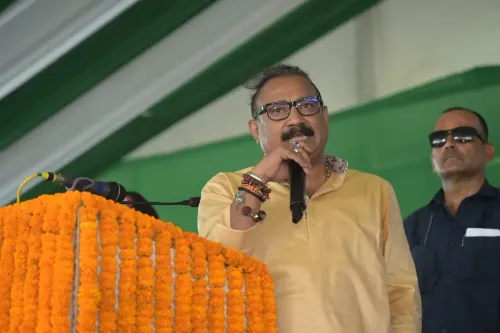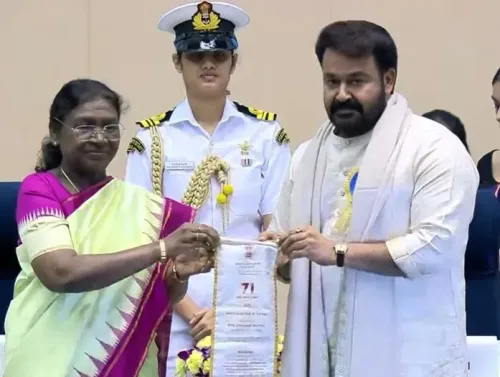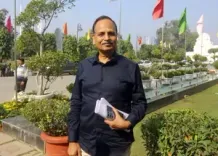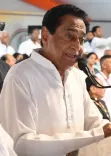Has MP Addressed the Need for More Senior Resident Doctors in Government Hospitals?
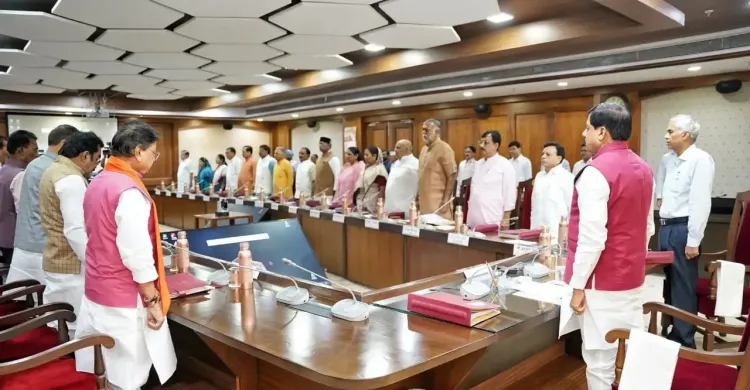
Synopsis
Key Takeaways
- 354 senior resident doctor positions created in Madhya Pradesh.
- Focus on enhancing medical education and healthcare delivery.
- Key hospitals in Bhopal, Gwalior, and Jabalpur will benefit.
- Addresses the critical shortage of medical faculty.
- Expected to improve both patient care and academic quality.
Bhopal, Sep 23 (NationPress) In a groundbreaking initiative aimed at tackling the shortage of medical faculty within government institutions, the Madhya Pradesh government has sanctioned the establishment of 354 senior resident doctor positions in prominent hospitals located in cities such as Bhopal, Gwalior, and Jabalpur.
This decision is anticipated to enhance both healthcare services and medical education throughout the state. Up until now, government hospitals in Madhya Pradesh were devoid of dedicated posts for resident doctors, a necessity for medical professionals aiming to transition into teaching roles at medical colleges.
According to existing regulations, physicians are required to undergo a one-year residency to qualify for academic positions in medical colleges.
The lack of such opportunities has resulted in a bottleneck in the development of faculty, despite the increasing number of medical colleges in the region.
“This is a pivotal decision,” stated Kailash Vijayvargia, the urban development minister and government spokesperson, following the cabinet meeting on Tuesday.
He went on to emphasize, “Without senior resident roles, doctors were unable to gain the essential practical experience, which subsequently hindered the creation of qualified faculty.”
The newly approved positions will enable hospitals to recruit senior resident doctors, thereby generating a pool of trained professionals who can transition into academic roles. This initiative is expected to alleviate the faculty shortage and enhance the quality of medical education, according to the minister.
Officials are optimistic that this initiative will have a ripple effect; hospitals will benefit from increased hands-on care, while medical colleges will gain access to seasoned educators.
The dual responsibilities of resident doctors—providing medical services and teaching—will improve both patient care and academic integrity.
As the healthcare sector experiences rapid growth and new medical colleges continue to emerge across the state, the demand for qualified faculty has reached unprecedented levels. The government's decision to formalize senior residency is viewed as a strategic move toward long-term capacity building. Initially, these positions will be distributed among major government hospitals in Bhopal, Gwalior, and Jabalpur, with implementation set to commence soon. All upcoming medical colleges will also stand to benefit from these resident doctors.

